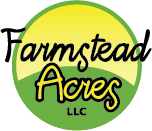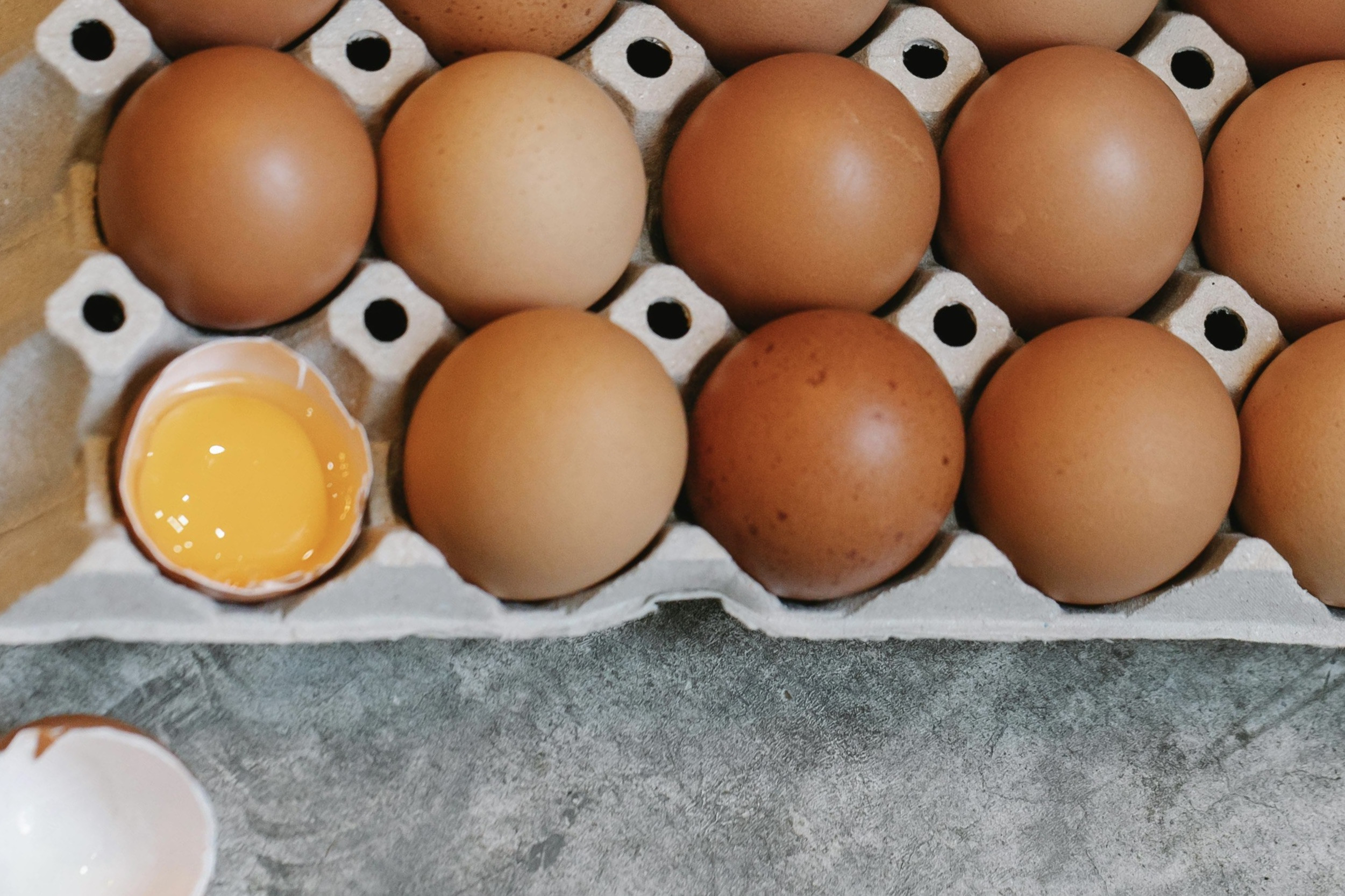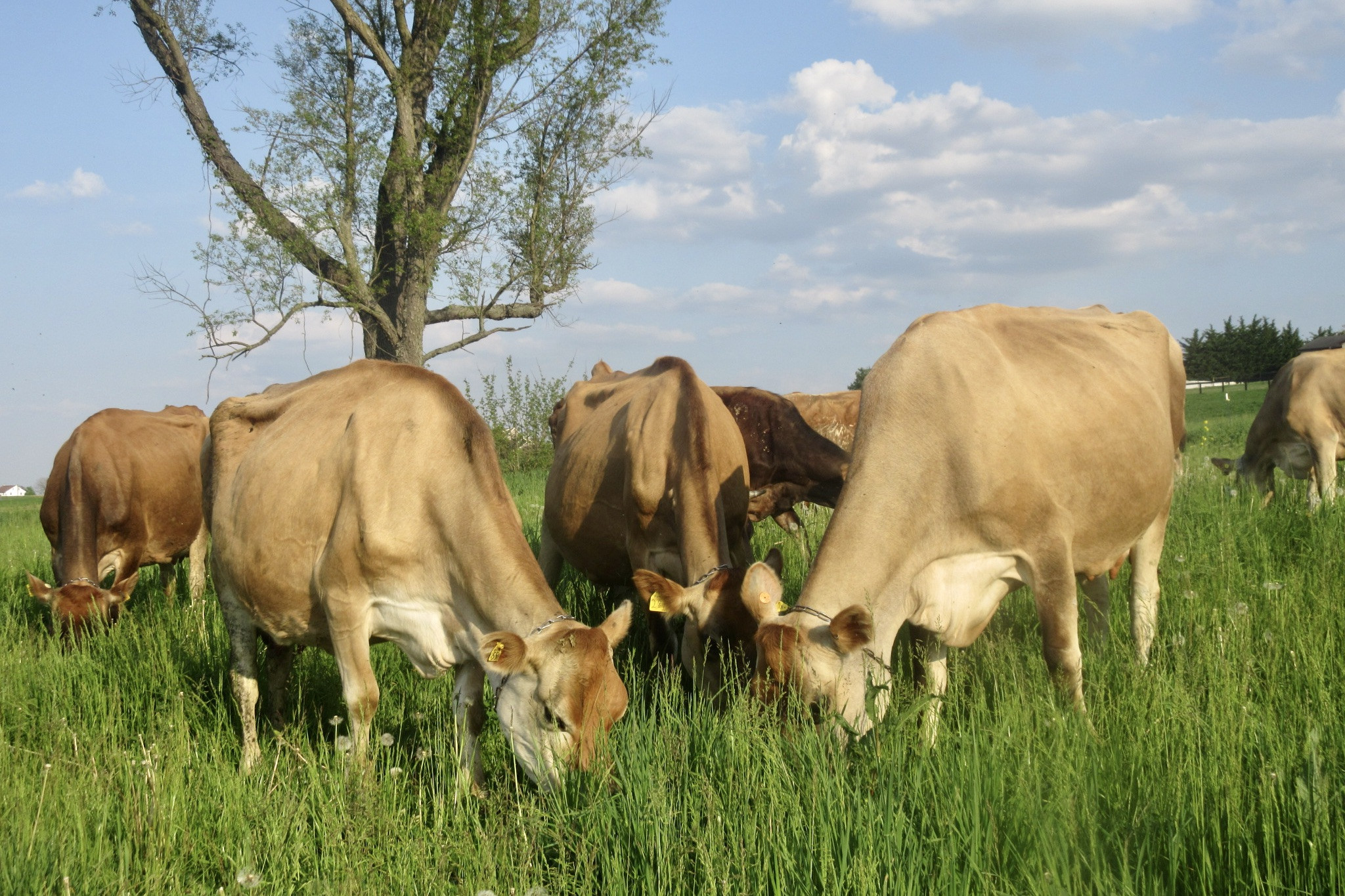Can Meat Labeling Be Trusted?
posted on
September 23, 2025
Grass-fed beef. Product of the USA. As a health conscious consumer, you are looking for the best to feed your family and you count on labels to help you decide. It’s important to understand labeling and listen to that voice in the back of your mind, “Can I trust this?”
First, beef can be imported and then be processed in the USA and be labeled as a product of the USA. I know, frustrating. Second, meat labels that say “grass-fed beef” usually mean that the cows eat a ration of corn to finish them, (the last few months before butchering) because it adds fat, (marbeling) and weight to the animal, making the farmer more money. "Grass-finished" beef comes from cattle that eat nothing but grass and forage their entire lives. Ready for one more fact? Grass-fed doesn’t always mean pasture-raised. If you must shop at a grocery store, look for “grass-fed and finished beef”.
As your local farmer, I can assure you that our cattle are raised ethically and without hormones or anti-biotics and eat, (after they’re off mom’s milk) from birth to butchering, a 100% grass-fed diet that includes some tasty weeds and other greens they love in our pasture like dandelions, thistle, ragweed and willow that are rich in nutrients. You can see them when you go by our farm. Daily, I move them to a fresh grassy area- it’s one of the best parts of my day watching them head into the tall grass, tearing off large bites and munching contentedly in pure bliss, (click here.) And I love answering questions about them.
You know that there are many advantages to beef that is 100% grass-fed and finished and pasture-raised from a trusted source:
- lower in calories than grain-finished beef and has higher levels of Omega-3 fatty acids, and Vitamins A & E.
- secure that the premium price you’re paying for beef is backed up by the time, land and energy needed to bring that beef to market.
- having a relationship with the farmer and the trust in his respect for his animals and you - no need to hide behind labels.
An informed customer is our best customer and my family and I thank you for trusting us to be your Farmers. And thank you for the extra effort you put in to obtain your food directly from a farm. We greatly appreciate your support because without you, our Farm would not be here!



